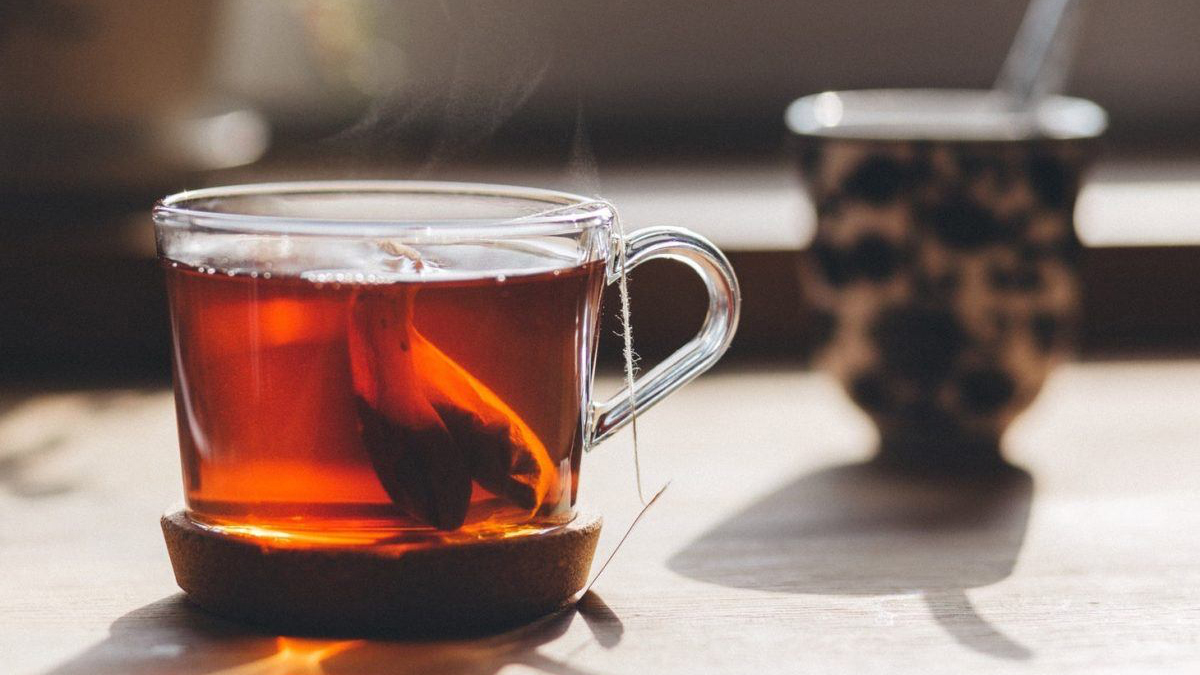
Tea is amongst the world’s most beloved beverages. Its most popular varieties are black, green, and oolong — all of which come from the leaves of the Camellia sinensis plant.
It is pertinent to state that few things are as satisfying or soothing as having a hot cup of tea, but the merits of this awesome beverage don’t stop there.
Tea has been deemed highly suitable for its healing properties in traditional medicine for ages.
Modern research suggests that plant compounds in tea play a role in reducing the risk of chronic conditions, such as obesity, diabetes, cancer, and heart disease.
It must be kept in mind that moderate tea consumption is a healthy choice for most people. However, exceeding 3–4 cups (710–950 ml) per day can have some negative side effects.
Here are 5 possible side effects of having too much tea.
1. Reduced iron absorption
Tea is a source of a class of compounds termed tannins. Experts say Tannins can bind to iron in certain foods, rendering it unavailable for absorption in our digestive tract.
Read Also | Ways to treat Monkeypox
Iron deficiency is the most common nutrient deficiency in the world, and if a person has low iron levels, excessive tea intake can exacerbate their condition. Research says that tea tannins are more likely to hinder the absorption of iron from plants than from animal-based foods. Thus, if you have a strict vegan or vegetarian diet, you need to pay extra close attention to how much tea you drink.
2. Increased anxiety, stress, and restlessness
Tea leaves contain caffeine. Consuming caffeine from tea may contribute to feelings of stress, anxiety, and restlessness. An average cup (240 ml) of tea has about 11–61 mg of caffeine, depending on the brewing method and variety. Black teas tend to contain more caffeine than white and green varieties, and the longer you steep your tea, the more its caffeine content. Research says that caffeine doses under 200 mg per day are less likely to cause significant anxiety in most people. Still, some are more sensitive to the effects of caffeine than others and may have the need to limit their intake further. If you feel that your tea habit is making you nervous or jittery, it could be a sign you have had too much and may need to cut back to reduce symptoms.



